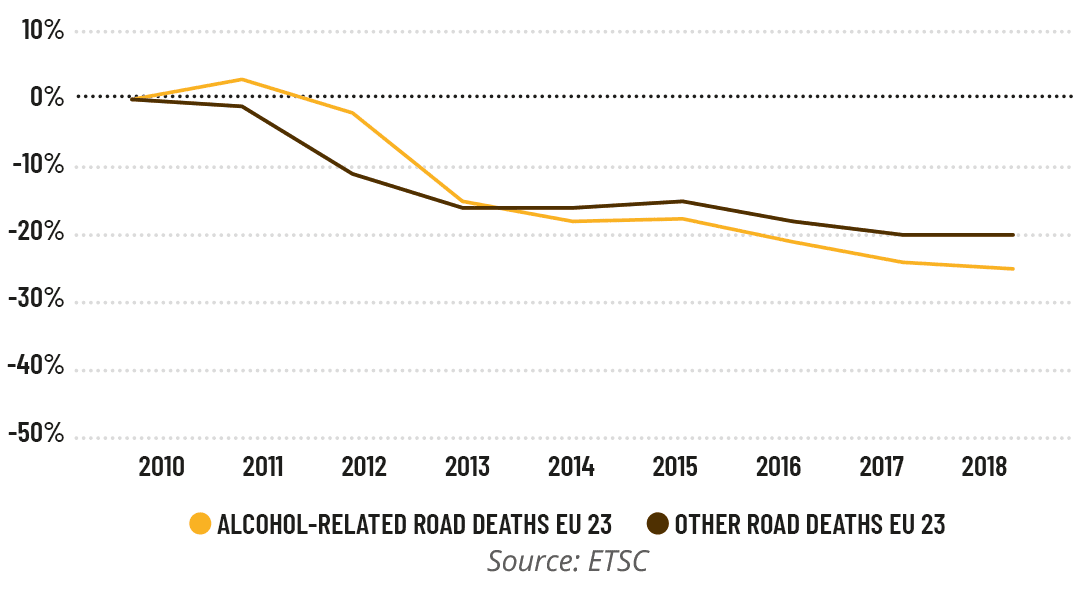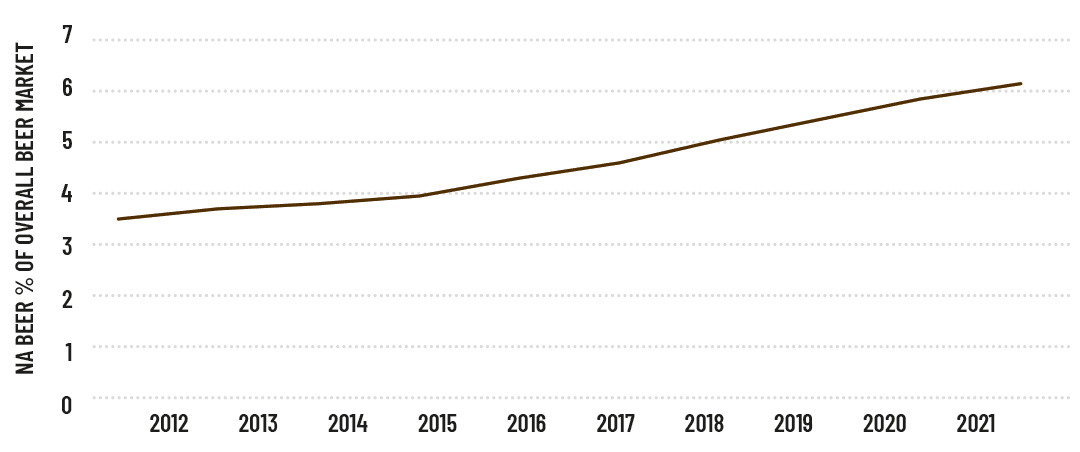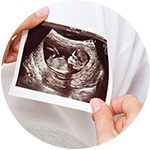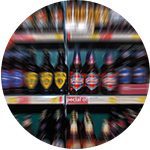The European Beer Pledge
This report constitutes the fourth review of the implementation of the Beer Pledge and looks back over the whole 2012-2022 period of the Pledge.
The European Beer Pledge is a voluntary initiative by Europe’s brewers to support EU Member States in reducing alcohol-related harm.
Launched in the European Parliament, the Beer Pledge was initiated by The Brewers of Europe, a founding member of the European Union’s Alcohol and Health Forum.
It committed Europe’s brewers to taking concerted and measurable action under three pillars of activity:
- Pillar 1: Increase consumer knowledge of beer and its responsible consumption
- Pillar 2: Ensure responsible advertising and marketing
- Pillar 3: Address alcohol misuse
Watch now the video showing the key results from the Beer Pledge and IPSOS reports or download the PDF flyer to find out more.
Highlights from the 10th anniversary of the European Beer Pledge and the future of EU alcohol policy.
More information
To watch the full panel debate please click here.
INTERVIEWS
Interviews from speakers at the 10th anniversary of the European Beer Pledge and the future of EU alcohol policy.
Pierre-Olivier Bergeron,
Secretary General of The Brewers of Europe
Emma Calvert, Senior Food Policy Officer,
BEUC, The European Consumer Organisation
Ivan Stefanec,
Member of The European Parliament
Antonio Avenoso, Executive Director,
ESTC, European Transport Safety Council
A MULTI-ANNUAL, PAN-EUROPEAN, MULTISTAKEHOLDER COMMITMENT TO ACTION
These commitments build on decades of brewer-supported actions against alcohol misuse. Indeed, during the course of the Pledge the beer sector became the leading contributor of voluntary commitments to the EU Alcohol and Health Forum.
Brewers in Europe take their responsibility seriously through initiating and supporting national, European and global strategies that encourage responsible consumption of beer and address alcohol misuse.
The Beer Pledge’s multi-stakeholder approach is vital to developing approaches that can be successfully implemented at a national level, in line with local expectations and customs. This approach is encapsulated through industry-NGO partnerships such as the EU level collaboration between The Brewers of Europe and the European Transport Safety Council, the leading Europe-wide NGO for road safety.
In 2015, Brewers strengthened the Pledge with a landmark commitment to voluntarily roll out both ingredient lists and nutritional information for beer brands across the EU.
This was further bolstered in 2019, when brewers signed a Memorandum of Understanding and Brewers’ Ambition 2022 in the presence of the EU’s Health Commissioner. Through this, the ambition was set to ensure ingredients and calories per 100ml on the labels of all beer bottles and cans, in full accordance with the EU’s Food Information to Consumer Regulation, by the end of 2022.
Europe’s brewers are delivering against that Ambition, as part of their #ProudToBeClear campaign, with 95% of beer labelling ingredients and 88% labelling energy by October 2022. Find out more at beerwisdom.eu.
PART OF THE SOLUTION
The Brewers of Europe have played an important role over the years in supporting initiatives to promote responsible consumption. It has done so with the support of its national associations and brewing companies.
The European Beer Pledge shows that the brewing sector is contributing not just to the EU’s strategy to reduce alcohol-related harm, but also to the WHO Global Strategy, the WHO Euro Action Plan and the many national action plans across the EU.
Whilst there are inherent difficulties in identifying a direct causal link between improvements in alcohol related harm data and the individual actions supported by the brewing sector, what is undeniable is that, since the adoption of the Beer Pledge, key harm indicators related to the misuse of alcohol have been moving in the right direction.
One such indicator is EU drink drive fatalities, which declined by one quarter.

It is also noteworthy how brewers have been innovating in the production of beer over the course of the Beer Pledge. Where once non-alcoholic beer was a tiny percentage of the beer market, investment in brewing processes and the marketing of these products means that now 1 beer in every 15 is a non-alcoholic beer. This growth is forecast to continue.






